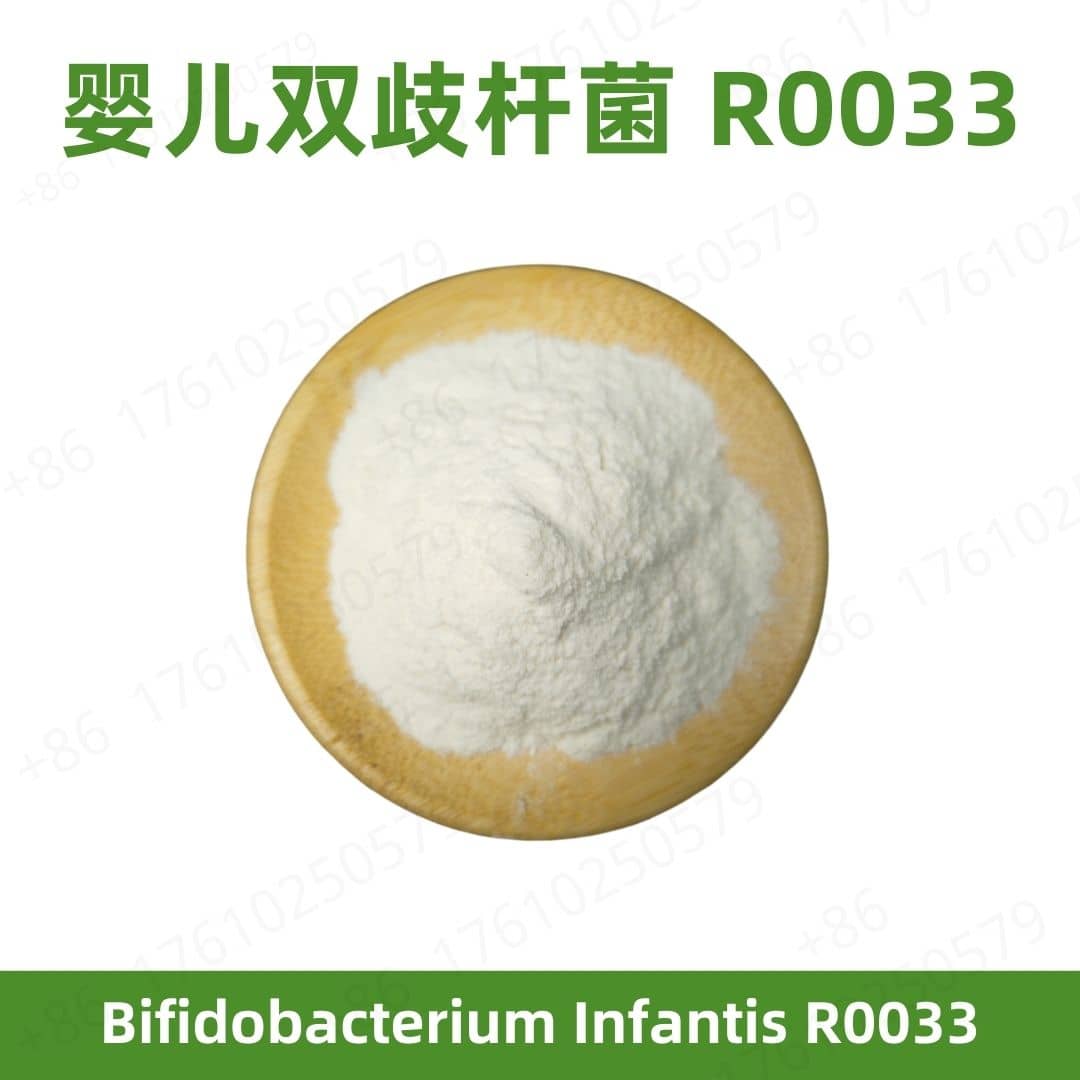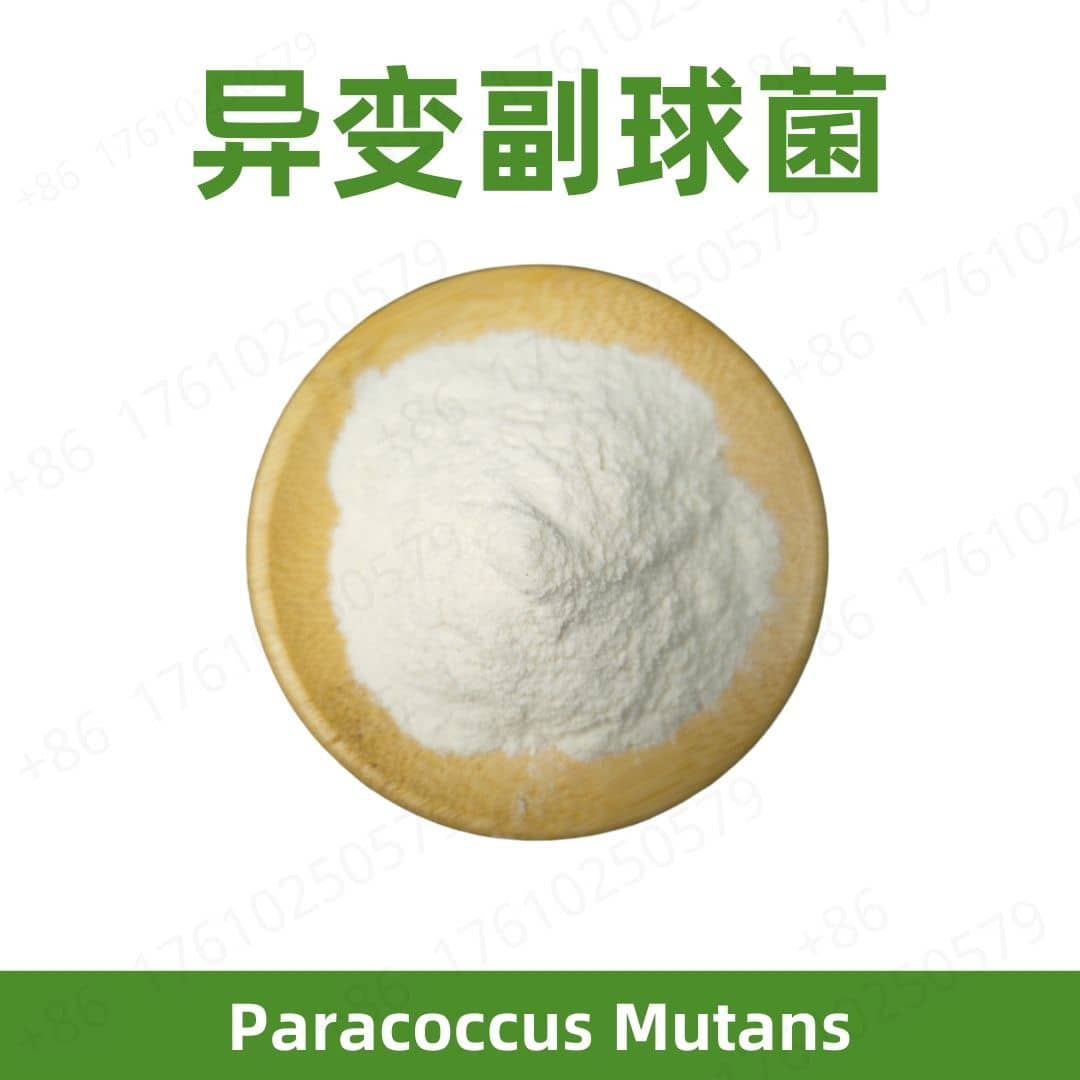Product Introduction
Lactobacillus plantarum is a versatile and robust probiotic strain that resides naturally in fermented foods like yogurt, sauerkraut, and pickles. It plays a crucial role in gut health and digestion by assisting in the breakdown of nutrients. This strain is known for its ability to adapt to varying environments, making it effective in the human gastrointestinal tract. In addition to being a key player in fermentation processes, Lactobacillus plantarum exhibits several health-promoting properties.
Production Process
Lactobacillus plantarum is produced through microbial fermentation. The production process usually starts with culturing the strain in a controlled environment where it can thrive and multiply. This involves providing suitable nutrients and optimal temperature and pH conditions. Once a sufficient amount of bacteria is produced, it undergoes a series of purification steps to ensure high viability and potency. This cultured bacteria is then dried and processed to be used in various applications.
Product Benefits and Functions
Lactobacillus plantarum contributes to gut health by maintaining a balanced microbiota. It can help reduce symptoms of digestive disorders, such as bloating and constipation. This strain has been associated with strengthening the intestinal barrier, enhancing immune function, and reducing inflammation. Additionally, L. plantarum might aid in the absorption of certain nutrients, thanks to its ability to break down complex carbohydrates and proteins. Other potential benefits include supporting cardiovascular health and improving mental well-being through the gut-brain axis.
Product Application Scenarios
Lactobacillus plantarum is widely used in the production of fermented foods, including yogurt and kefir, to improve flavor and texture. It is commonly found in dietary supplements aimed at promoting digestive health. This probiotic can be incorporated into functional foods, like snacks and beverages, to enhance their nutritional profiles. Some researchers are exploring its applications in animal feed, as it may improve animal health and growth performance. Additionally, there is ongoing research into its potential use in skincare products due to its anti-inflammatory properties.
Packaging and Storage
Storage Conditions: Store in a sealed, light-proof container, away from high temperatures, in a dry, cool, and well-ventilated place.
Packaging: Bulk: 25kg/cardboard drum; Sample: 1kg/aluminum foil bag; Custom packaging available upon request.
Shipping Methods: FedEx, DHL, dedicated logistics, and sea freight consolidation.
Shelf Life: Two years
Monica Sun possesses extensive technical expertise and market insights in the food additives industry. She excels in designing efficient and safe additive formulations tailored to various food applications, ranging from sweeteners to functional dietary fibers. Monica has successfully assisted food manufacturers in optimizing ingredient combinations to enhance product quality and improve consumer satisfaction.

















